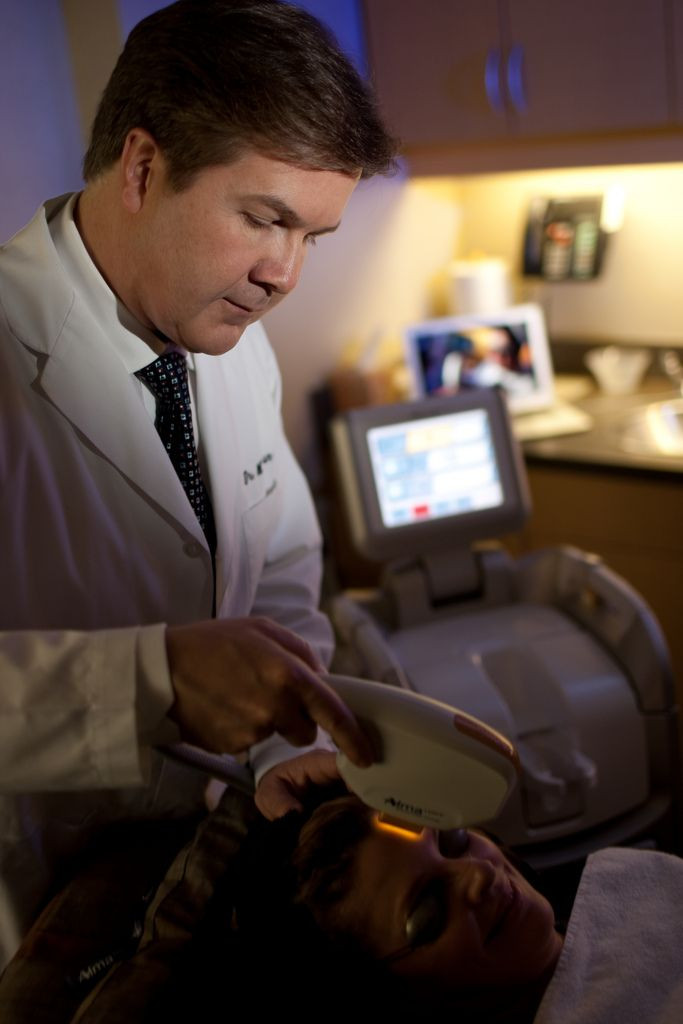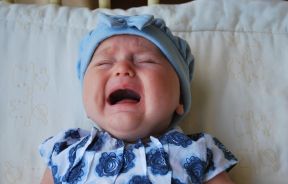Botox Less Effective Over Time As Body Develops Resistance

Botox treatments may provide only a temporary berm against the inevitable tide of aging, a new study shows.
A small minority of patients receiving repeated injections of botulinum toxin for skin treatment develop an immune response, with the body producing antibodies to fight the toxin. Publishing in the Journal of Neural Transmission this month, German researchers say one in 200 Botox users developed antibodies, making the treatment less effective with repetition.
Other scientists, publishing in the British Medical Journal's online forum "Open," wrote that repeated treatments "can trigger an immune response... which might lead to non-responsiveness to treatment," as the injections fail to freeze facial muscles. Dr. Kuldeep Minocha, a specialist in dermal treatments in London, said he noticed the treatment becoming less effective in some of his patients.
"With people who have been using Botox for 10 years or so, you can start to see a bit more resistance," he said. "The results can wear out a bit quicker because their body seems to get used to it and recognizes it as a foreign body, and breaks it down quicker."
Dr. Minocha said the failure rate for Botox treatments might be higher than believed because so few patients were tested when their treatments failed to work.
Dr. Abhilash Jain, a consultant plastic surgeon and medical lecturer at Oxford University, said many Botox patients didn't realize the treatment, which typically works for several months, could become less effective. "I inform my patients they may not always get the same result following each injection because there are other factors that contribute to this," he said. "I also tell them about the small risk of antibody formation as part of the counseling process that I do."
Although researchers can't explain the immune response in some patients, doctors say the administration of treatment might be to blame. Dr. David Eccleston, of the MediZen Clinic in Birmingham, United Kingdom, says some clinicians may be scrimping on costs by diluting the treatment with higher levels of saline solution.
Still, other physicians believe the phenomena might be explained by different mechanics by which the toxin works within cells. A spokesman for Botox manufacturer Allergan, based in the United States, said the treatment might, in rare instances, be ineffective due to immune response. The pharmaceutical company, worth $26 billion, made $1.8 billion in profits from Botox last year.
Published by Medicaldaily.com



























